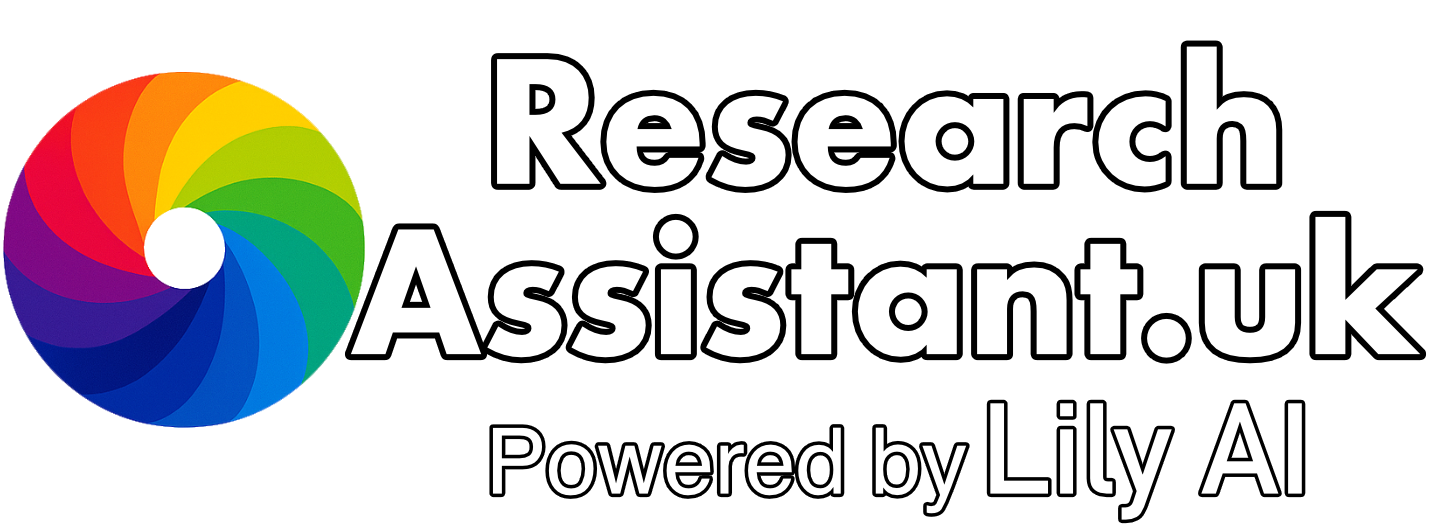Academic Writing Tips
Essential guidelines to help you craft clear, compelling, and effective academic papers
Whether you're writing your first college essay or your doctoral dissertation, these writing tips will help you communicate your ideas effectively and meet academic standards.
Structure and Organization
The foundation of effective academic writing starts with proper structure and organization
Crafting a Strong Thesis Statement
A thesis statement is the backbone of your academic paper. It should:
- Clearly state your main argument or position
- Be specific and focused
- Appear in your introduction, typically at the end
- Be debatable (not merely stating a fact)
- Set the direction for your entire paper
Example: "While social media has created new opportunities for global communication, its negative impacts on mental health and privacy outweigh these benefits, as evidenced by recent psychological studies and data breach incidents."
Effective Paragraph Structure
Well-structured paragraphs enhance readability and strengthen your arguments:
- Topic Sentence: Begin with a clear statement that introduces the main idea of the paragraph.
- Supporting Evidence: Provide data, examples, or quotations that support your topic sentence.
- Analysis: Explain how the evidence supports your point and connects to your thesis.
- Transition: End with a sentence that connects to the next paragraph or reinforces your main argument.
Logical Flow and Transitions
Create a seamless flow of ideas throughout your paper:
- Organize paragraphs in a logical sequence
- Use transition words and phrases to connect ideas
- Ensure each paragraph builds upon previous ones
- Create clear connections between sections
Useful transition phrases:
"Furthermore," "In addition," "Similarly," "In contrast," "However," "Therefore," "As a result," "For example," "In conclusion"
Language and Style
Refine your academic voice with these essential language and style guidelines
Clarity and Conciseness
Academic writing should be clear and concise. To achieve this:
- Use precise language and avoid ambiguity
- Eliminate unnecessary words and redundancies
- Define specialized terminology
- Break down complex ideas into manageable parts
- Use concrete examples to illustrate abstract concepts
Weak: "The experiment basically showed that the thing we tested had a really significant impact on the results we were looking at."
Improved: "The experiment demonstrated that the catalyst increased reaction rates by 34%."
Formality and Objectivity
Academic writing requires a formal, objective tone:
- Avoid contractions (use "do not" instead of "don't")
- Minimize personal pronouns (I, we, you)
- Avoid colloquialisms, slang, and idioms
- Present balanced arguments with evidence
- Acknowledge limitations and alternative viewpoints
Informal: "This theory is definitely the best one out there, and anyone can see why it works so well."
Formal: "This theory offers several advantages over competing models, as evidenced by the experimental results of Smith et al. (2023)."
Active vs. Passive Voice
Understanding when to use active or passive voice is crucial:
Active Voice
- Subject performs the action
- More direct and concise
- Best for methodology and analysis sections
- Example: "The researchers collected the data."
Passive Voice
- Subject receives the action
- Shifts focus to the action or result
- Useful in methods and results sections
- Example: "The data were collected over a three-month period."
Tip: While passive voice has traditionally been common in academic writing, many disciplines now prefer active voice for clarity. Check your field's style guides and recent publications for guidance.
